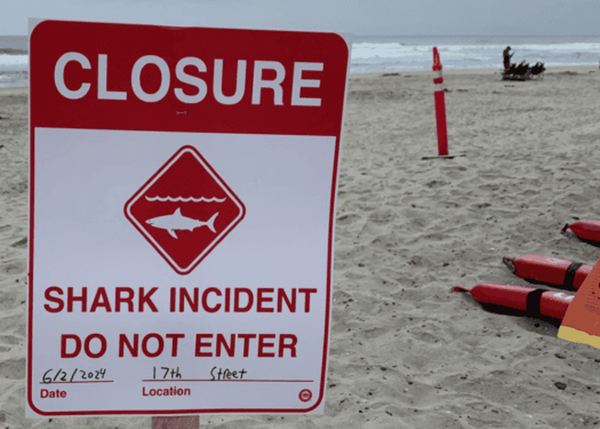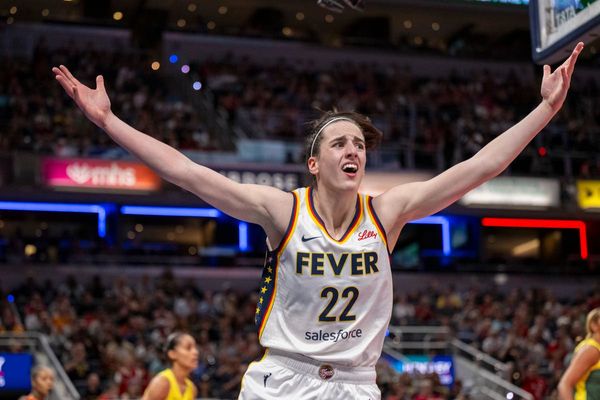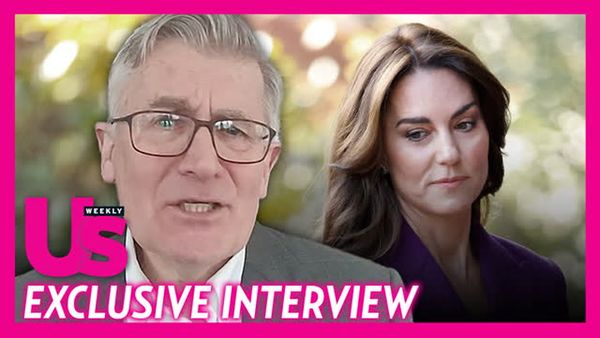
It was after a gig in France a few years back that Robert “Kool” Bell found himself in receipt of an unlikely business proposition. “The promoter came to me and said: ‘Listen, your concerts are sold out – how would you like to sell bottles of champagne at your shows?’ I said: ‘Well, how many of my fans want a bottle of champagne after a concert? They want T-shirts and caps, that kind of thing,’” he shrugs. “Then he said that what he really wanted to do was get it on the shelves, like Dom Pérignon and Cristal. He wanted to take me to d’Epernay, to Rheims – the Champagne region. So I went over and we made Le Kool champagne. The name,” he adds, “has that French vibe to it.”
I didn’t imagine I would end up discussing Premier Crus, terroir and the ongoing plans to revise the boundaries of the Champagne region when I arrived at Bell’s hotel in Docklands, London. Still, there’s something telling about it: someone was prepared to market a Kool & the Gang-branded champagne 40 years after the band’s commercial peak, which says a lot about the deathlessness of their hits.

The most famous of the lot, 1980’s Celebration, wasn’t just a chart-topping global success – it seemed to swiftly become an immutable fact of life. As you read this, you can guarantee that there’s a wedding or a birthday or a sports victory happening somewhere in the world where it’s being played. Ladies’ Night, from 1979, and 1981’s Get Down on It are only marginally less ubiquitous: decades after their release, they’re still the kind of songs everyone seems to know the chorus of, whether they want to or not.
Their lasting fame means that the current iteration of Kool & the Gang – with Bell, now 72, and drummer George “Funky” Brown the only surviving original members – have just released a new album and never want for gigs: Bell is temporarily based in London while the band play their usual round of the UK’s summer shows. But it also means that those songs tend to overshadow the rest of Kool & the Gang’s oeuvre and indeed a story that is more complex than their image as perennial bringers of pop-disco jollity suggests.
When Bell’s brother Ronald, the band’s chief songwriter, died in 2020, you couldn’t move on social media for people suggesting you listen to Jungle Boogie or Summer Madness as examples of the tougher, deeper brand of funk they peddled in the early 70s. But that’s not the half of it. For one thing, they started out not as a funk band, but as the Jazziacs, whose name underlined their John Coltrane and Cannonball Adderley-inspired sound: a legacy, Bell says, of their childhood. “My father, he was a Top 5 featherweight, a Golden Gloves champion out of Cleveland, Ohio who went to New York. He stayed in an apartment building where Thelonious Monk lived, so he knew him. He fought a lot of Cuban fighters back before the sanctions against Cuba, so he used to go down to Havana with Dizzy Gillespie and all those guys” – Gillespie was pursuing his groundbreaking fusion of bebop and Latin-American rhythms at the time – “and then there used to be a gym on 65th and 2nd Avenue where he trained. Miles Davis wanted to be a boxer, so he would come over to the ring and wanted to spar with my father, but my father said, ‘Miles, I don’t want to do that with you, because if I hit you wrong and bust your lip, you might not have a career!’”
Davis’s embouchure was saved, but the influence of jazz continued to permeate Kool & the Gang’s sound long after they pivoted towards funk: they were still wont to write tracks called things like I Remember John W Coltrane, or to cover Charles Lloyd’s Sombrero Sam.

In fact, it wasn’t entirely clear what the early Kool & the Gang thought they were doing. They had no lead singer; Bell says that their love of complex percussive lines led “some people to think we were a Spanish band”; the same album that featured their John Coltrane tribute also featured a game attempt to fuse funk with country and western (as on 1972’s Country Junky) amid the James Brown-influenced workouts. It was fascinating but chaotically eclectic and their record label eventually decided to take decisive action.
“They told us there was a big record called Soul Makossa by Manu Dibango and they wanted us to work with the producer of that song. We had a meeting with him, but we weren’t feeling it. Our backs were against the wall, so we booked time in this rehearsal studio in SoHo – we went in around eight o’clock in the morning and when we finished at midnight, we had created Funky Stuff, Jungle Boogie and Hollywood Swinging, all on the same day. That’s what turned things around for us: they were all big hits, the next album went gold.”

But the success didn’t last: the arrival of the disco era brought with it one of the more inexplicable interludes in Kool & the Gang’s career. They shifted their sound again and secured a place on the biggest album of the era, the soundtrack to Saturday Night Fever, with Open Sesame. But, despite the exposure on a 40m-selling album, their own disco records ignominiously flopped.
Then, more inexplicably still, as the disco boom crashed and took the careers of luminaries such as Chic with it, Kool & the Gang suddenly became huge, with a string of singles that sounded exactly like disco. Bell thinks it was down to the fact that Kool & the Gang had finally decided to employ a frontman, James “JT” Taylor (tellingly, they made him sing jazz songs at his audition and, much to Taylor’s bemusement, announced that his voice reminded them of Nat King Cole), and also thanks to some pragmatic thoughts about songwriting. “I was hanging out in New York with my wife and some of the hot clubs were having ladies’ nights. I thought: hmmm. I told my brother, and he said: ‘Wow, ladies’ night – they got one of them all over the world, don’t they?’ So I came up with the title, we created the track and that record was huge.”
And then there was Celebration. Ronald Bell liked to tell interviewers the song was inspired by a verse in the Qur’an – the Bell brothers had converted to Islam in 1972 – but Robert suggests it might have more prosaic origins. “My brother was listening to Ladies’ Night, and he picked out the line ‘This is your night tonight, come on, let’s all celebrate’ and he says: ‘That’s another song!’ So he puts together this track and that record surprised everybody. They played it in the space station – when the astronauts went up, they were floating around playing Celebration! They played it when the hostages came home from Iran [following the seizure of the American embassy in Tehran in 1979]. They play it at baseball, football, hockey, soccer games all the time.” He chuckles. “People were anti-disco and anti-this and that, and yet we slipped in there with the perfect song!”
For the next few years, Kool & the Gang were a dependable hitmaking machine. As Bell points out, the eclecticism that had seemed like a problem early on their career turned out to be a positive: they were able to navigate the changing waters of early 80s pop, to draw in audiences that didn’t usually listen to soul or R&B. The “yahoo!” chant in Celebration was, he says, like a more commercially successful take on the country-funk fusion of Country Junky: it was meant to sound like a cowboy’s cry of “yee-haw!” They could turn out rock-influenced tracks (the 1984 hit Misled) next to big ballads, jazzy 80s funk or the reggae-influenced Let’s Go Dancing. Nor were they afraid of pure pop. When Joanna was released in 1983 – by which point Kool & the Gang were basically unrecognisable as the band who’d made Funky Stuff or Jungle Boogie – Bell says even his friends demurred. “Oh man: it was ‘too pop’, ‘are you sure that’s Kool & the Gang?’, all that stuff,” he sighs. “It was one of the most-played songs in America that year.”
Their hitmaking era drew to a close when Taylor quit in the late 80s, but his departure seemed to do nothing to dent Kool & the Gang’s power as a live draw. In fact, nothing seems to. His brother was “the glue”, Bell says, but after his death, they were back on the road as soon as Covid restrictions would allow. Their latest album consists of songs he completed before he died and Bell talks eagerly about the possibility of celebrating their 60th anniversary with a Royal Albert Hall gig backed by an orchestra.
“People have counted us out several times: ‘Kool & the Gang aren’t going to make it into the next decade’, ‘Are you guys still together?’, that stuff. But we’re a band that keeps moving, keeps changing,” he adds, which, given their progress from jazz to funk to disco to pop to champagne production, sounds like an understatement. “And, you know, people always have something they want to celebrate.”
• Kool & the Gang’s album People Just Wanna Have Fun is out now







